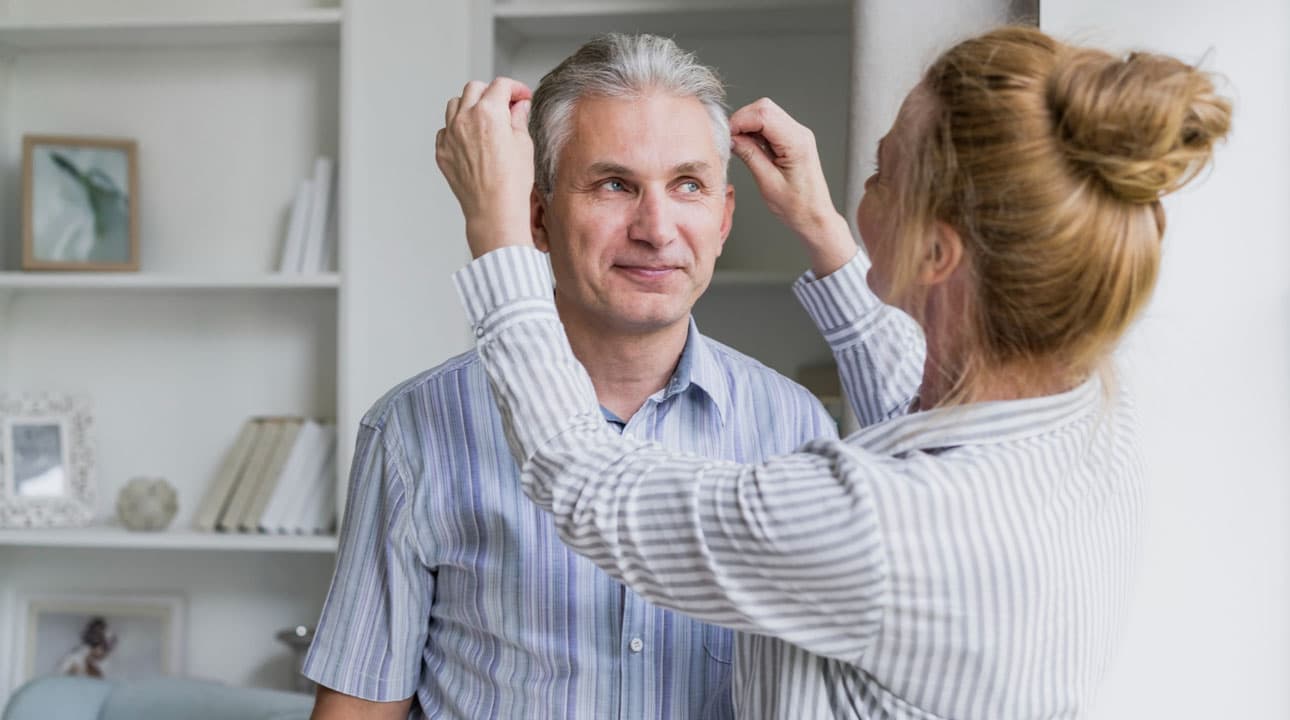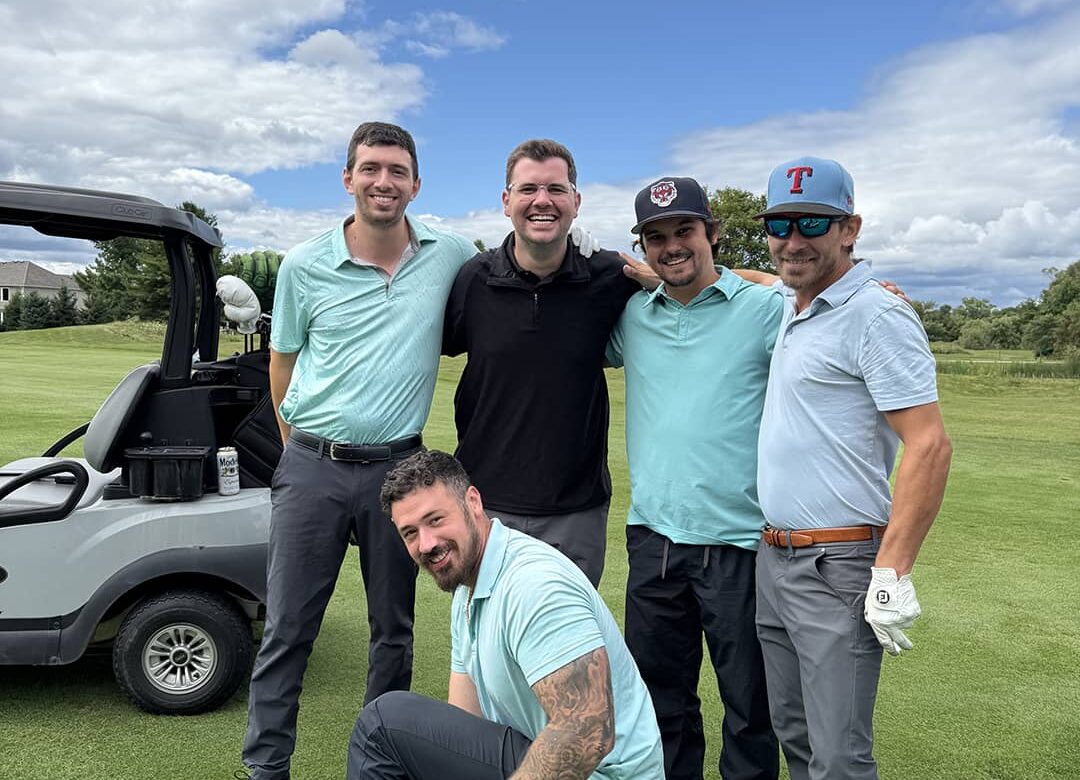
Recovery is not a destination but a journey of resilience, hope, and support.
Unknown
Navigating the Journey to TBI Recovery
Traumatic brain injuries (TBIs) can alter lives in an instant, leaving survivors and their families to navigate a challenging path filled with uncertainty and resilience. While every recovery journey is unique, there are common steps and strategies that can empower TBI survivors to regain control of their lives and achieve meaningful progress.
Understanding the Recovery Process
Recovering from a TBI is often a complex process that depends on the severity of the injury, the availability of resources, and the individual’s determination. The brain’s ability to heal varies from person to person, but progress is possible with the right support and interventions. Key components of recovery often include physical therapy, cognitive rehabilitation, emotional support, and medical treatments tailored to the survivor’s needs.
The Importance of a Support Network
Recovery is rarely a solo journey. Family, friends, and caregivers play an essential role in providing emotional and practical support. Having a strong support network can make a significant difference in navigating the emotional and financial challenges that often accompany TBI recovery. Additionally, connecting with local or online support groups can provide survivors and their families with valuable insights and encouragement.
Accessing Financial Assistance
The cost of TBI recovery can be overwhelming, with expenses for surgeries, therapy, assistive equipment, and transportation quickly adding up. This is where organizations like the MCM Brain Injury Foundation step in, offering financial assistance to help bridge the gap for survivors who lack access to essential resources. Knowing where to turn for financial support can alleviate some of the stress and allow survivors to focus on their recovery.
Practical Tips for Recovery
- Goals: Break the recovery process into manageable steps and celebrate small victories along the way.
- Stay Active: Physical activity can aid in rebuilding strength and coordination, but it’s important to consult with a medical professional to determine appropriate exercises.
- Engage in Cognitive Activities: Puzzles, memory games, and other brain-stimulating activities can support cognitive recovery and enhance focus.
- Prioritize Rest: Recovery requires a balance of activity and rest to allow the brain time to heal.
- Seek Professional Guidance: Partnering with healthcare professionals who specialize in TBI recovery can provide a roadmap for progress.
Spreading Awareness and Hope
Recovering from a TBI is a long and often difficult journey, but it is one that can lead to a renewed sense of purpose and strength. Sharing stories of resilience, raising awareness about the challenges of TBI, and advocating for accessible resources can help pave the way for a brighter future for survivors.
At the MCM Brain Injury Foundation, we are dedicated to providing the tools, resources, and financial support needed to make recovery achievable for everyone. Together, we can ensure that every TBI survivor has the opportunity to heal, rebuild, and thrive.





